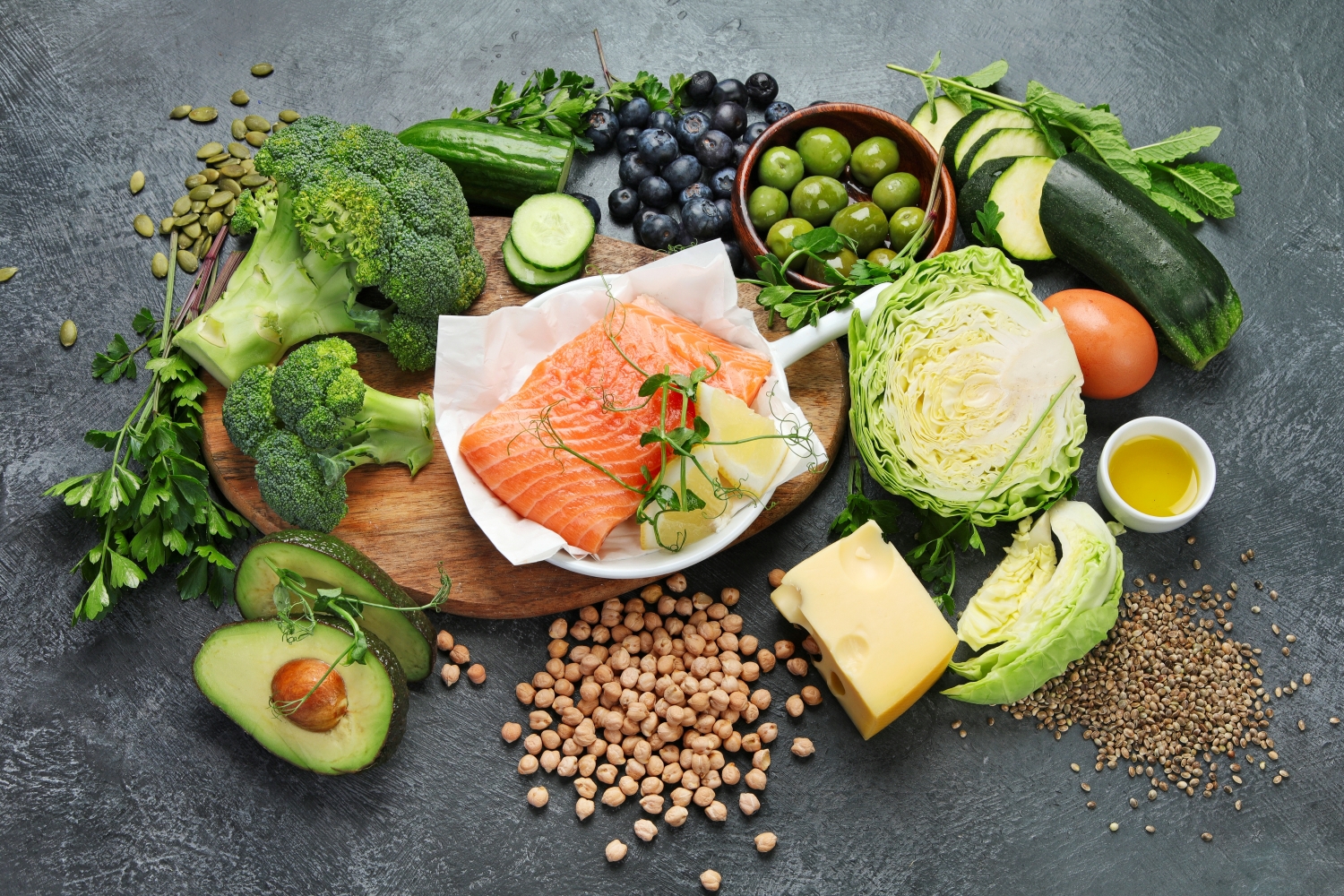With age, it’s normal to notice small changes in how easily someone can recall names, stay focused, or organize thoughts. These shifts are part of what’s known as age-related cognitive decline. While some cognitive changes are a normal part of aging and certain factors are beyond individual control, like genetics, here’s the good news: many lifestyle choices can help keep minds vibrant and strong well into older adulthood.
As a registered dietitian, a daughter of active septuagenarians, and a granddaughter of a dynamic 96-year-old, I’ve witnessed how food and small lifestyle investments can profoundly affect our quality of life across generations.
What is a nutritious diet for cognitive health?
As people age, supporting brain health through nutrition becomes more important than ever. One of the most effective ways to do this is by focusing on the overall dietary pattern—what someone eats most of the time—not just individual foods or nutrients.
For example, the World Health Organization (WHO) recommends a balanced diet that reflects the Mediterranean-style dietary pattern, which includes:
- Olive oil as the main fat source
- Plenty of whole grains, like oats, quinoa, and brown rice
- A variety of colorful fruits and vegetables
- Fatty fish such as salmon, mackerel, or sardines
- Moderate amounts of dairy products and being mindful of sodium and saturated fat intake including red and processed meats, fried foods and refined grains.
The Global Council on Brain Health recommends additional brain-healthy plans that also align with the Mediterranean-style diet, called DASH (Dietary Approaches to Stop Hypertension) and MIND (Mediterranean-DASH Intervention for Neurodegenerative Delay). Both dietary patterns are associated with heart health and cognitive health benefits and include daily and weekly goals for specific food types, including:
| Suggested Foods | Amount | Examples | |
| Daily | Vegetables, leafy greens | 2+ servings/day, 1+ serving/day for leafy greens | Spinach, kale, chard, collard greens, bok choy, romaine lettuce |
| Whole grains | 3+ servings/day | Whole wheat breads and cereals, barley, farro, popped corn | |
| Weekly | Nuts & Seeds | 5+ servings/week | Walnuts, almonds, pistachios, peanuts, pumpkin seeds |
| Legumes & Pulses | 4+ meals/ week | Lentils, beans, peas, and chickpeas (including my favorite—hummus!) | |
| Berries | 2+ servings/week | Blueberries, strawberries, blackberries, raspberries | |
| Fish, poultry | 1+, 2+ meals/week | Fatty fish, focus on light meat without skin |
These recommendations also support the Academy of Nutrition and Dietetics’ “food first” approach, which prioritizes nutrient-rich foods to meet nutritional needs and support overall health, especially those rich in potassium, calcium, magnesium, fiber and protein. Oral nutritional supplements can be an effective complementary tool in a dietary strategy for older adults to help support energy, protein and micronutrient intake. This may be particularly useful if oral intake is insufficient to meet physiological needs.
What other lifestyle choices can influence our cognitive health?
Research suggests that certain habits can support cognitive health over time. Just like caring for our bodies, nurturing our minds requires engaging in regular physical activity or exercise and eating a nutritious diet. Below are six lifestyle factors linked to better brain function as we age:
- A Healthful, Balanced Diet
In addition to a eating a diet rich in fruits, vegetables, whole grains, lean proteins, and healthy fats to nourish both body and brain, staying hydrated is a key component of nutrition and health in older adults.
- Regular Physical Activity
Movement boosts blood flow to the brain, supports memory, and reduces the risk of cognitive decline. It also plays a critical role in maintaining muscle mass and strength, which are essential for mobility, balance and overall independence. Whether it’s walking, dancing, swimming, resistance training or gardening—staying active matters.
- Avoiding Tobacco Use
Smoking is linked to accelerated cognitive decline. Quitting tobacco usage at any age can improve not only brain health, but overall health.
- Plenty of Social Interaction
Staying socially connected—through friendships, family, community groups, or volunteering—helps reduce isolation and is suggested to improve cognitive outcomes.
- Engagement in Cognitive Activities
Reading, puzzles, learning new skills, or even playing music can stimulate the brain and build cognitive resilience.
- Moderating Alcohol Consumption
Excessive alcohol can impair memory and thinking. Drinking in moderation—or not at all—may support long-term brain health.
Conclusion
Age-related cognitive changes are a natural part of growing older, but research shows that certain lifestyle choices can help preserve brain function over time. Diets that emphasize whole foods—especially leafy greens, berries, nuts, legumes, and whole grains—provide essential nutrients for cognitive function. While no single food or habit can prevent cognitive decline, adopting a consistent, brain-supportive lifestyle may contribute to maintaining mental sharpness and overall well-being for older adults.
Bridget Cassady, PhD, RDN, LD, is the senior manager for the Adult Nutrition Science team for the Nutrition Division of Abbott in Columbus, Ohio.
Photo credit: Shutterstock/Tatjana Baibakova













